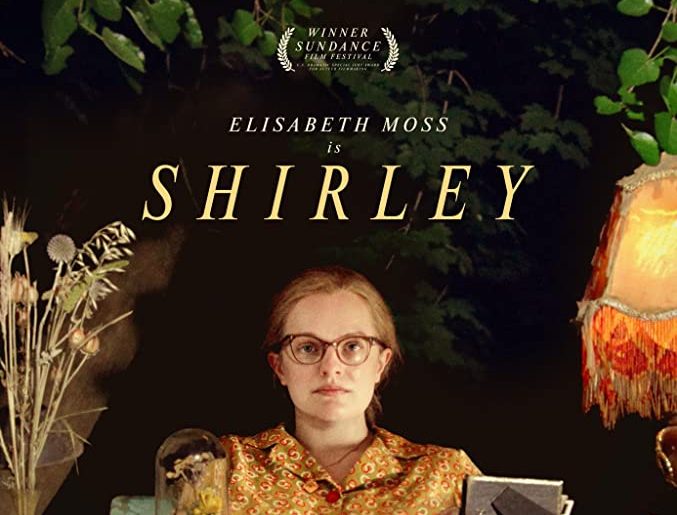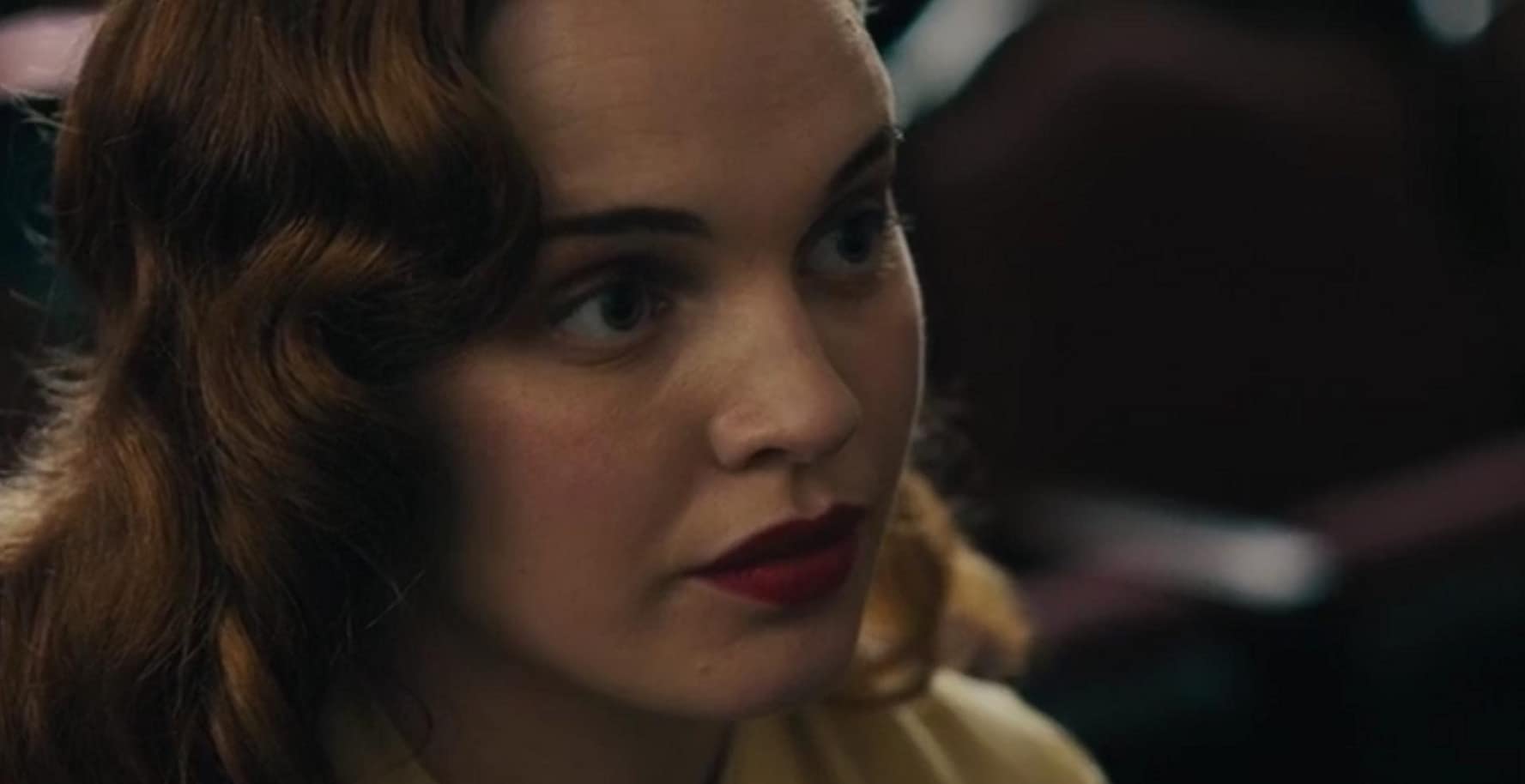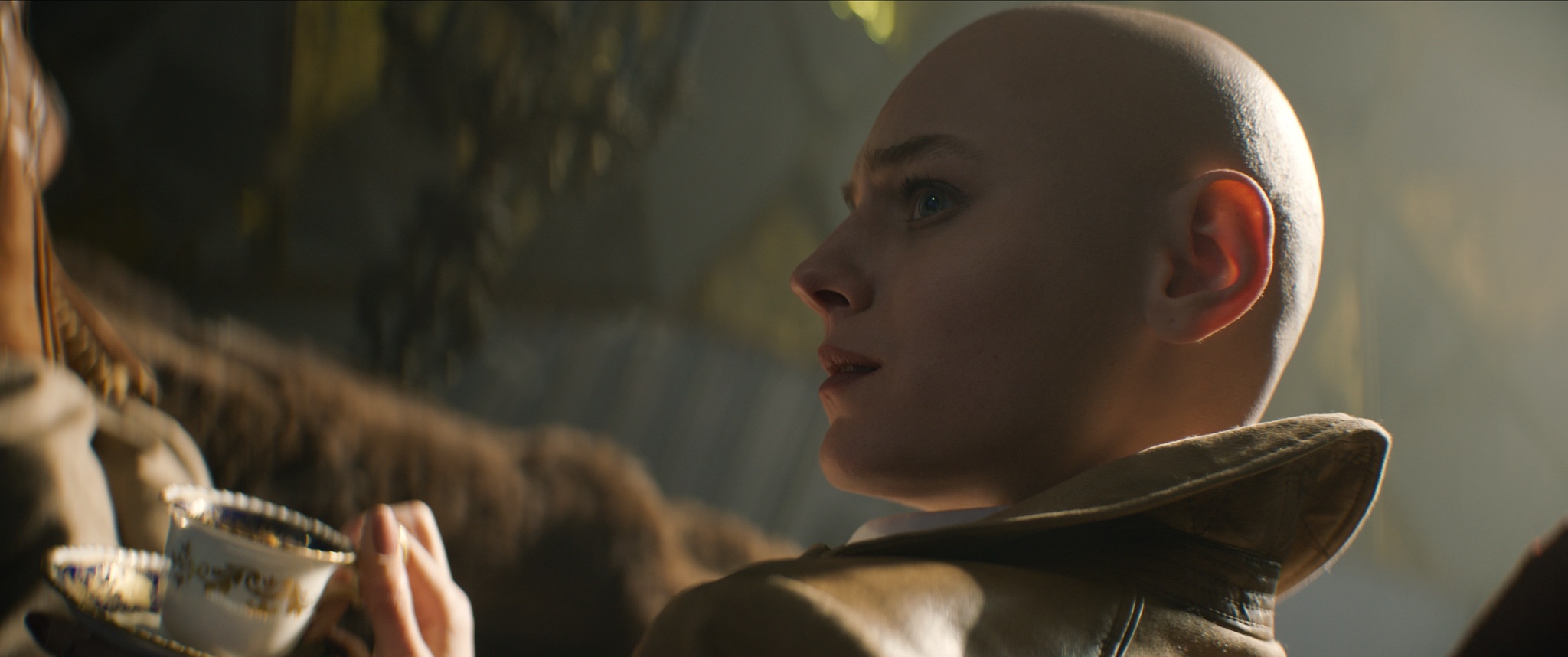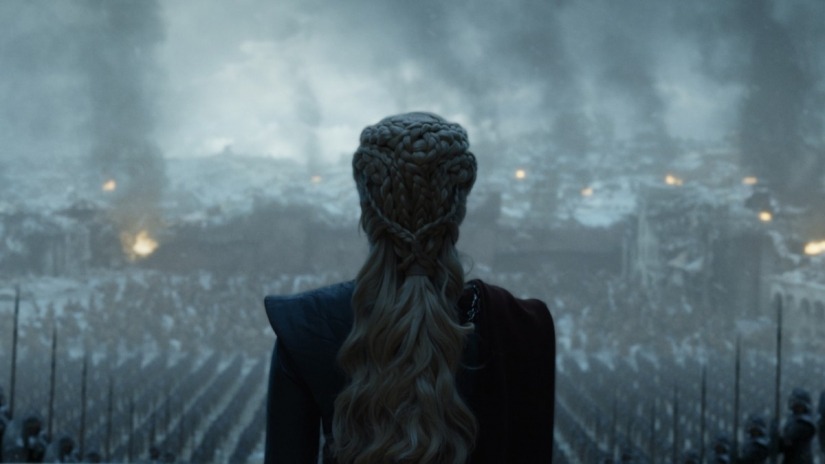On June 5th Neon Studios released Shirley which is a biographical drama, directed by Josephine Decker. The story follows a young couple that moves in with Shirley Jackson and her husband, Stanley, in the hopes of starting a new life. Instead, they find themselves fodder for a psycho-drama that inspires Jackson’s next major novel. I had the opportunity to talk with Odessa Young who plays Rose in the movie. We talk about the intense nature of the film and what she was able to learn from her character.
Nancy Tapia: Well, tell me about Rose. She had a major role in the movie.
Odessa Young: Yeah sure, she serves as a bit of a conduit for the audience’s perspective, and to the movie I think. She’s, at the start of the movie at least, a bit of a touchstone for reality. She sees everything afresh, as the audience is as well. Then what’s interesting about it is that as the story progresses, as she starts to fall under Shirley’s spell a bit more, she starts to exhibit some of the personality traits that Shirley has been showing. They may have rubbed off onto her a bit, and become more of a dark horse, which is also very fun.
Nancy Tapia: How did you even get involved in this project?
Odessa Young: I got sent the script. I mean, the script was floating around a little bit, and I kept getting people… I remember even Logan, who is in the movie, he sent me the script before… I think he sent me the script before anybody else did. He was saying that it was really good, and that there was a young couple in there, and that it would be a great role for me. I don’t even think that he was considering playing Fred Nemser at that point. But yeah, it was just, it was being talked about around the town as a really good thing, a really good script, a really solid script. It was very intriguing, and really well written, I’m just lucky to have been a part of it.
Nancy Tapia: It is more of a fictional account of Shirley Jackson. Are you familiar with any of her novels?
Odessa Young: Yeah, I remember before… I mean, I think that everybody that I know at some point had to read The Lottery in school, and as part of an English assignment, or something. So I was familiar with that, and then I started to read more of her work, and she’s an incredible writer. She’s incredibly effective and has such a bleak, but plain and simple, but such effective writing style that mirrors her…. The movie does that really well, the character of Shirley herself mirrors that writing where it’s so unique, and such an interesting identity to the writing itself that you can only imagine that the person writing it must’ve been so… had such a rich inner life.
Related: Sera-Lys McArthur Talks About Her Role In Burden Of Truth And Her Heritage
Nancy Tapia: You had some really good and also intense scenes with Elizabeth Moss. Can you share one particular scene that was pretty challenging, but yet at the same time you really enjoyed?
Odessa Young: Sure, I mean, every scene was pretty challenging but very enjoyable. I think that the mushroom scene was a challenge, just simply because it was such a turning point for both of these characters. It had to start with remorse, and guilt, and anger, and panic, and turn into something that was more like comradery. It’s the scene where everything switches for the story, and for these characters. It took us a while to get the beats, and to find the right balance of moments in the scene itself. But that’s the joy of acting is once you get it right, and everything starts to fit, and click. It is extremely rewarding, it’s addicting, it’s a dopamine hit.
Nancy Tapia: Can you tell us about that scene? I was actually going to ask you about it.
Odessa Young: Yeah, I mean, Josie is extremely symbolic and there are many ways to read into the scene. I remember throwing around these ideas at the time of shooting it, it’s like, “Is this the Apple? Are they in the Garden of Eden, and this is the Apple?” The mushroom becomes the Apple or it is just a symbol… this symbolic moment of trusting someone with your life not to be poisonous. So it’s the literal interpretation, or another wilder interpretation is that was the mushroom actually poisonous, and Shirley died, and so did Rose? The rest of the movie is their fever dream before they finally die, but there are many ways to read into it.
That’s also the beauty of it is the ambiguity and how it can really, depending on how you interpret it, it can really inform your understanding of the rest of the movie. The tarot cards feature quite heavily in the movie as well, and I like to think of movies like tarot cards themselves, where it doesn’t matter what is actually… I mean, not that it doesn’t matter what is actually in it, it matters very much what is in the movie, but it is quite often entirely based on interpretation. People will see in the movies what they need to, and what they want to, and what they want to believe, and what works for them, and what helps them, what matters to them. I think that that’s what Josie does well is that by obfuscating certain things that people usually rely on about narrative, she opens it up to a wider field of interpretation.

Nancy Tapia: Well, there was a really good metaphor in that scene, with that turning point. I have to say, the ending of the film was not what I had anticipated. I think in your character, however, it’s something that a lot of people can learn from. It’s one of those where you can either follow the pattern that everyone follows of a newlywed wife. Or be different and actually still be you and do what satisfy you as the person. Can you tell us a little bit about that?
Odessa Young: Yeah, I mean, I think you hit the nail on the head there, it is this symbolic representation of Rose deciding to, for lack of a better word, kill off a part of herself. That part is the thing that plagued Paula Weldon, for example, this mysterious missing girl that Rose becomes more and more like as the movie goes on due to Shirley’s influence. She says goodbye to that part of herself, she says goodbye to Paula Weldon. Because she knows that she has to graduate from that character into someone more like Shirley, for example, who is more self-possessed, and who knows who she is, and who might be difficult, but by God she has morals, and she has beliefs, and opinions. I just think that that’s a really… it is a bit of a coat hanger ending where you go… you don’t expect it that way. You don’t know if it’s… is it real or is it not real? And who jumped off the cliff? Those sort of things, spoiler, but it’s important to see that moment of choice.
Nancy Tapia: Yeah, okay well thank you so much for your time, I really appreciate it. Our viewers are going to enjoy this out on Hulu, June 5th, congratulations. I wish you a lot of success in all your other projects going on.
Odessa Young: Thank you very much, appreciate it.
Shirley is now available on Amazon Prime and Hulu.
Continue the LRM Online conversation on Discord by CLICKING HERE!
—–
Have you checked out LRM Online’s official podcast feed yet The LRM Online Podcast Network? This includes our flagship podcast Los Fanboys, our premiere podcast Breaking Geek Radio: The Podcast, GeekScholars Movie News, and our morning show LRMornings. Check it out by listening below. It’s also available on all your favorite podcast apps!
Subscribe on: Apple Podcasts | Spotify | SoundCloud | Stitcher | Google Play

 FOR FANBOYS, BY FANBOYS
Have you checked out LRM Online’s official podcasts and videos on The Genreverse Podcast Network? Available on YouTube and all your favorite podcast apps, This multimedia empire includes The Daily CoG, Breaking Geek Radio: The Podcast, GeekScholars Movie News, Anime-Versal Review Podcast, and our Star Wars dedicated podcast The Cantina. Check it out by listening on all your favorite podcast apps, or watching on YouTube!
Subscribe on: Apple Podcasts | Spotify | SoundCloud | Stitcher | Google Play
FOR FANBOYS, BY FANBOYS
Have you checked out LRM Online’s official podcasts and videos on The Genreverse Podcast Network? Available on YouTube and all your favorite podcast apps, This multimedia empire includes The Daily CoG, Breaking Geek Radio: The Podcast, GeekScholars Movie News, Anime-Versal Review Podcast, and our Star Wars dedicated podcast The Cantina. Check it out by listening on all your favorite podcast apps, or watching on YouTube!
Subscribe on: Apple Podcasts | Spotify | SoundCloud | Stitcher | Google Play




